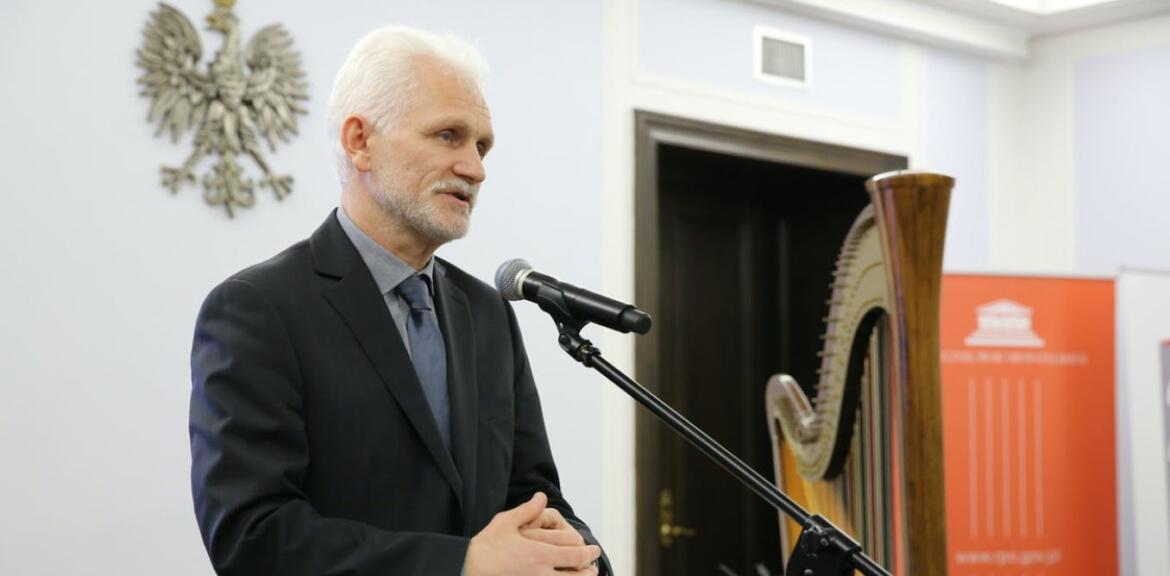A co-laureate of the 2022 Nobel Peace Prize, the human rights activist Ales Bialiatski is the fourth person in the history of the Nobel to receive this award while in prison. With this symbolic yet powerful gesture, the Nobel committee recognised Bialiatski’s 35 years of work upholding human rights in Belarus. It also serves to remind that dozens of Belarusian human rights defenders are currently behind bars, including five of Bialiatski’s colleagues from the human rights centre Viasna (“Spring”). Dozens more have fled into exile these past months, fearing arbitrary detention or worse.
In light of the ongoing crackdown on dissent in Belarus and shrinking of civic space in Belarus, Bialiatski’s Nobelisation amounts to hailing Belarusians’ long and peaceful struggle for fundamental freedoms, in a context that Russia’s war on Ukraine has significantly complicated, due to Lukashenka’s Belarus enabling role in it.
A veteran human rights activist
Ales Bialiatski was born in 1962 to Belarusian parents living in Russia at the time. Three years later they moved back to Belarus, to Svietlahorsk. At university he studied Belarusian and Russian philology, and debuted as a human rights activist by defending the right of writers and artists to use their native Belarusian language. In the 1980s he became active in pro-democracy circles that demanded more freedom of expression to honour the distinctive Belarusian culture and historic symbols, such as the white-red-white flag.
In 1987, Bialatski co-organised the first mass gathering in Soviet Byelorussia on the occasion of Dziady, a neo-pagan celebration which for Belarusian Catholics especially served to commemorate the victims of communism. Owing to its ties with the nationalist and democratic opposition, the march was dispersed and the holiday was banned altogether in 1996.
That same year, Bialiatski established the NGO “Viasna” to help victims of human rights violations and document the country’s slide into authoritarianism following the 1996 “constitutional coup”. Aleksandr Lukashenko, elected as president in 1994, expanded his powers at the expense of the Parliament, and his own term in office by two years. Following his reelection in 2001 – the legality of which was contested, while independent observers, notably from Viasna, alleged electoral fraud – the organisation’s registration was cancelled. Since 2003, Viasna has been denied registration in Belarus, where it nonetheless kept on conducting crucial human rights work.
One of Viasna’s key advocacy campaigns focuses on the abolition of the death penalty in Belarus. Bialiatski’s human rights centre has also tirelessly reminded the Belarusian authorities of their international legal obligations regarding the rights to freedom of expression, freedom of association and peaceful assembly, and the independence of the judiciary. A network of volunteers and human rights lawyers affiliated with Viasna provided…
La suite est à lire sur: theconversation.com
Auteur: Anaïs Marin, Researcher, international relations and Russian studies, University of Warsaw

